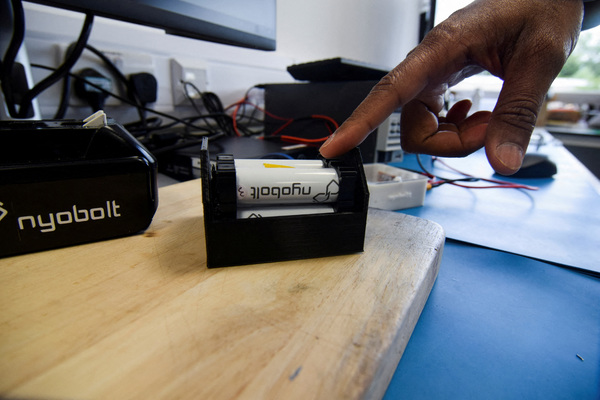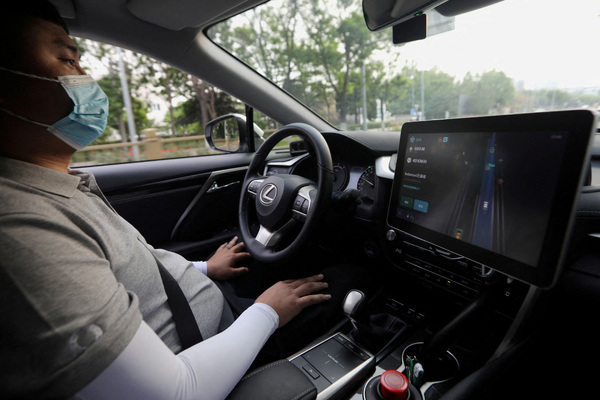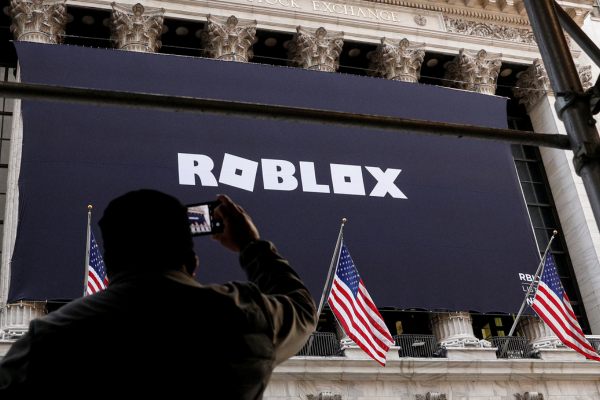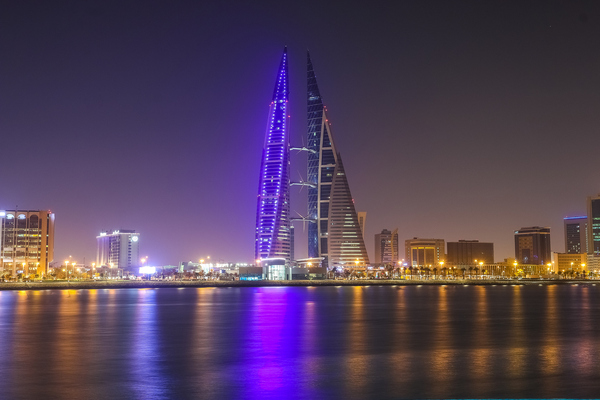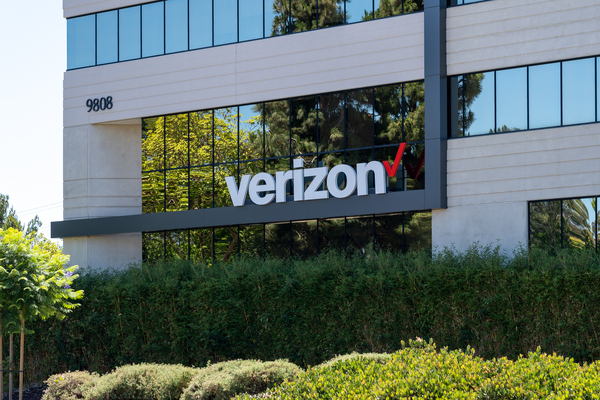Putting disruptive open source tech and collaboration at the forefront of the smart city movement
Sponsored by FIWARE Foundation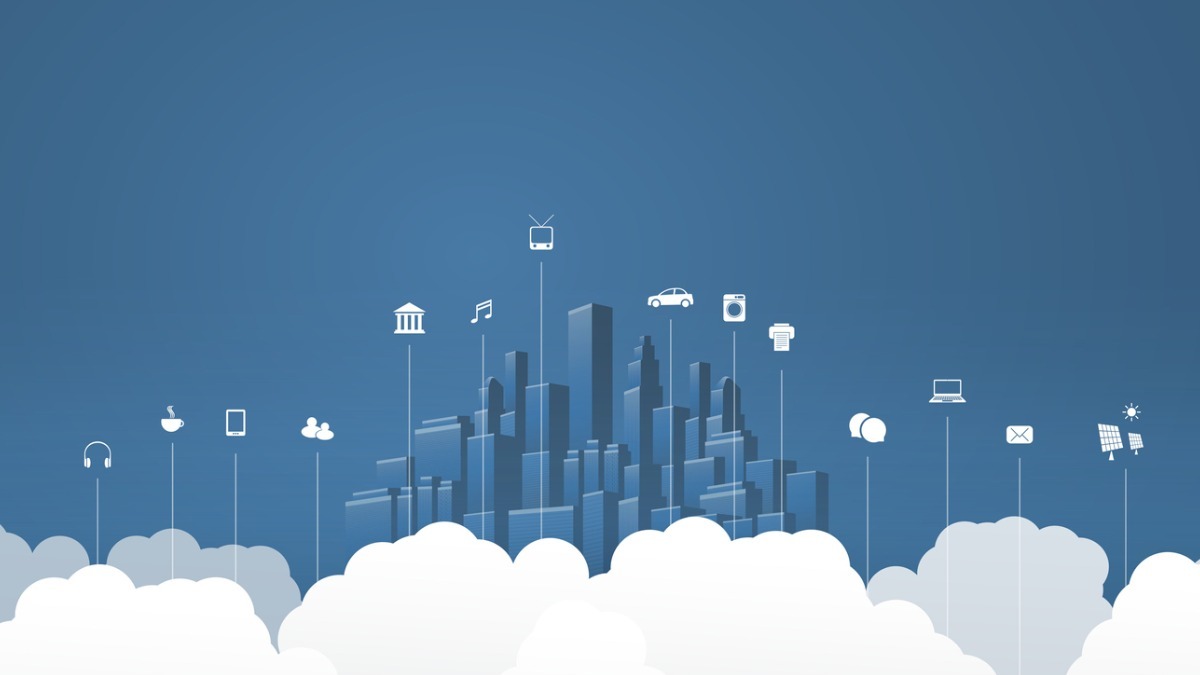
ICT, open source, big data, IoT and collaboration will be the talking points of the smart cities of the future
Cities are the drivers of global economic growth, responsible for generating more than 80 per cent of worldwide GDP. But they also consume more than two-thirds of the world’s energy and account for around 75 per cent of greenhouse gas emissions. To make matters worse, extreme climatic events, such as floods, droughts, heat waves, storms and hurricanes, have a huge and costly impact on city infrastructure, housing and public health.
In this context, cities need to become far more sustainable, smart and resilient if they are to match the pace of climate change and technological development. The term “sustainable city” has surfaced as a result of rapid urbanisation, the diffusion of sustainability and the rise of information and communications technology (ICT). In the transition towards sustainable development, ICT will play a big role – and one of the most common applications of ICT in urban environments is the internet of things (IoT) and related big data applications.
In the September edition of this report, FIWARE community members Red Hat and the Future City Foundation enlightened us with practical examples of how they are, with their IoT-centred solutions, guiding the cities of Amersfoort (Netherlands), Barcelona (Spain), Gothenburg (Sweden) and Montevideo (Uruguay) to further embrace the smart city concept, based on FIWARE technology. This time around, we’ll bring you a perspective from Greece and Spain to better exemplify how cities can boost growth, deliver more efficient services and create more livable environments where both citizens and businesses can thrive, with the help of the growing
Moving towards cities that live and breathe the urban model
Traditional city models have failed. Short-term and on-the-fly approaches to urban development result in chaotic environments and frustrated citizens, and are clearly not the definition of a sustainable city
By Spiros Mazarakis, Business Development Executive, Uni Systems, Greece
In an era filled with smart devices and digitally literate citizens, the future is unveiled through new patterns of communication and living, as people increasingly require faster, more advanced services and open access to information. Municipalities should adjust their operations and work hard to implement solutions that will allow their continuous growth in an efficient and cost-effective manner, toward a sustainable future. The transformation of cities into smart ecosystems should be the top priority for municipalities.
Focusing on the operational features of cities, digital back-office systems are becoming of utmost importance. After all, no matter how innovative and well designed the solutions are, if the necessary structure is not in place, there will be fundamental issues when executing them.
How are smart cities efficiently using available resources?
Based on its Local Government Information Management Systems and FIWARE’s open source framework, Uni Systems has created a number of solutions under one intelligent and integrated platform, the City2Live Urban Platform, actively contributing to the creation of the cities of the future.

Similarly, with CityGO, a “Powered by FIWARE” transportation planner and intelligent mobility solution developed by Atos (a FIWARE Platinum member), locals and visitors can find the best route and means of transport from A to Z, based on real-time information. From inputs on trains, buses, and the nearest public bike rental station, to available parking spaces, everything is managed in real time. For instance, the solution’s dashboard monitors the flow of citizens within the city and supports Málaga’s decision-makers in making educated decisions about its transport planning.
The city also houses FIWARE Zone – one of FIWARE’s global iHubs – which provides training sessions, mentorship, and webinars on smart digital solutions for the local SME and start-up scene, as well as facilitating start-ups to connect with research institutions, accelerators, and private and public companies.
Find out more about what is transforming Málaga into a city of the future.

Business Reporter Team
Most Viewed
Winston House, 3rd Floor, Units 306-309, 2-4 Dollis Park, London, N3 1HF
23-29 Hendon Lane, London, N3 1RT
020 8349 4363
© 2025, Lyonsdown Limited. Business Reporter® is a registered trademark of Lyonsdown Ltd. VAT registration number: 830519543
